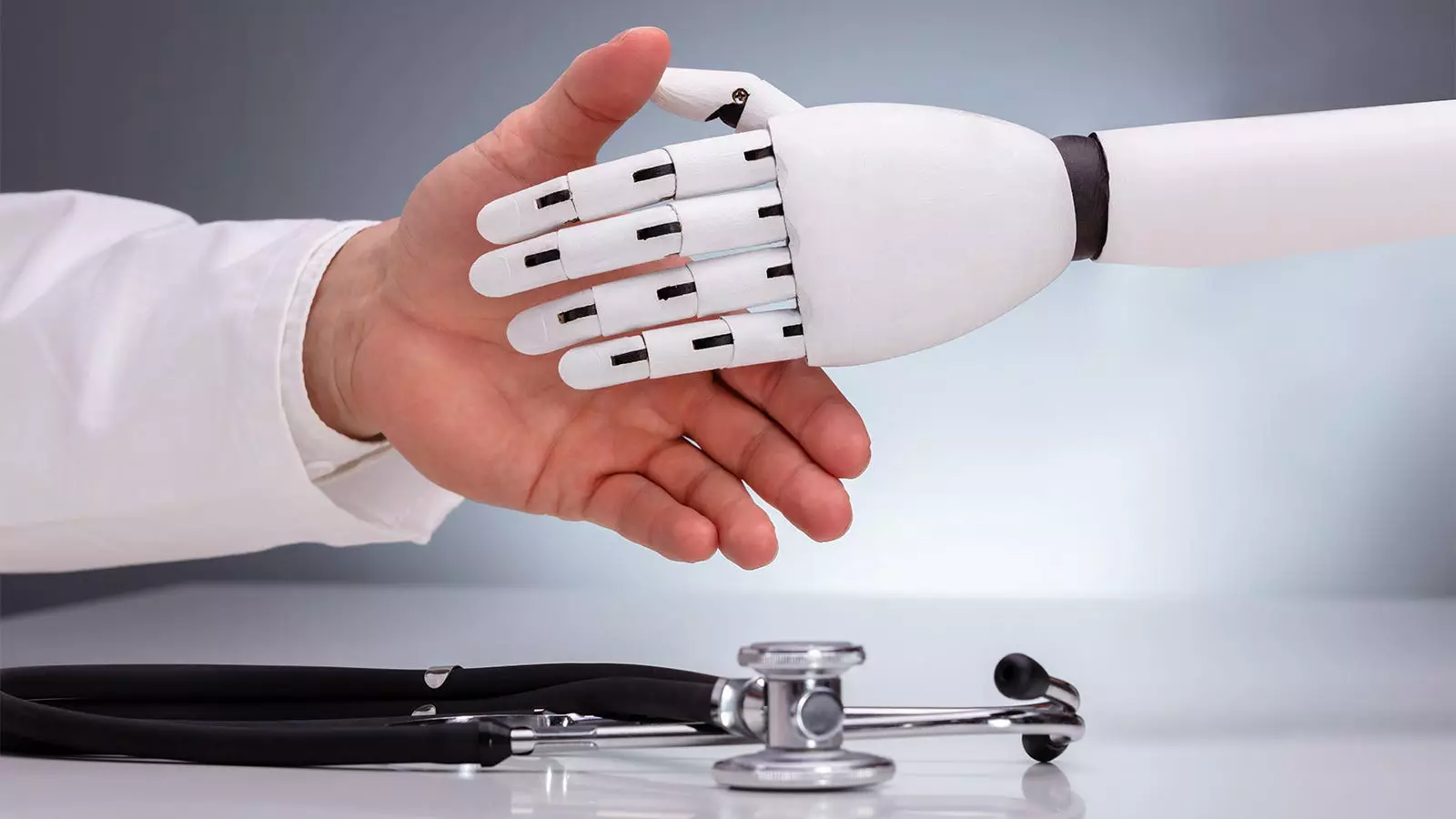With the rise of artificial intelligence (AI) solutions in healthcare, there is a growing concern about whether AI will eventually replace human doctors. While AI shows promise in areas such as diagnostic accuracy and information processing, it faces significant barriers when it comes to trust, human interaction, and oversight. As a result, it is crucial to rethink the role of AI in the healthcare ecosystem and consider it more as a medical student in training rather than a standalone solution.
Viewing AI as a medical student can help us better understand its capabilities and limitations. Just like working with medical students, collaborating with AI involves preparation and ongoing adjustments. While AI can quickly learn and assist in various tasks such as gathering information and communication, it is essential to have a licensed physician overseeing its work. This supervision ensures that AI’s decisions are accurate and aligned with clinical guidelines. Moreover, the relationship between AI and physicians should be bidirectional, allowing for feedback and continuous learning to improve patient care.
In practice, AI can enhance the efficiency of clinical encounters by taking on tasks traditionally performed by medical students. For example, AI can review patient histories, generate consult questions, and assist in crafting discharge summaries. By automating these processes, AI helps physicians prioritize meaningful interactions with patients and focus on delivering high-quality care. Additionally, AI can support post-care follow-up by sending automated communications to patients and alerting healthcare providers of any concerning updates.
Integrating AI into clinical workflows requires a collaborative approach that empowers physicians and enhances patient care. Rather than viewing AI as a replacement for human cognitive abilities, it should be seen as a complementary tool that augments decision-making processes. By engaging with AI tools effectively, healthcare providers can optimize their clinical decision-making skills and improve patient outcomes. Prompt engineering, which involves asking AI targeted questions to elicit relevant clinical information, will become a fundamental aspect of medical training in the future.
As AI takes on increasing responsibilities in healthcare, the landscape of medical training is expected to shift. Medical students might need to adapt to working alongside AI tools and refining their core clinical competencies. The gradual integration of AI into clinical practice will require continuous evaluation of its performance and impact on patient care. While the transition from medical student to fully-fledged doctor is a gradual process, a similar trajectory can be envisioned for AI as it gains more clinical responsibilities over time.
The future of AI in healthcare lies in a collaborative partnership between technology and human expertise. By embracing AI as a medical student in training, healthcare providers can leverage its capabilities to enhance patient care while maintaining clinical oversight and quality assurance. As AI continues to evolve, there is a potential for it to become an indispensable part of the healthcare workforce, supporting physicians in delivering efficient and effective care to patients.



Leave a Reply